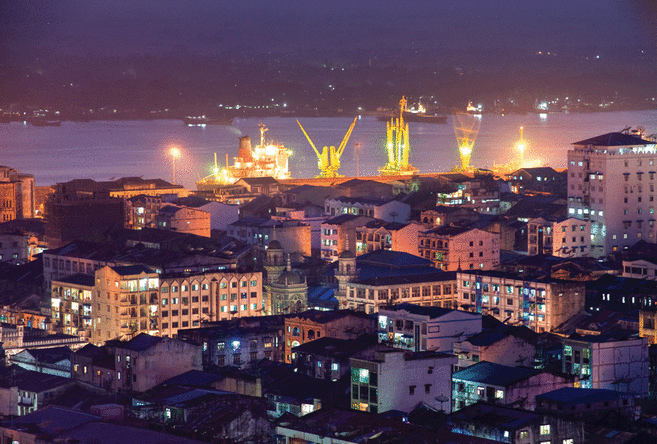
Despite the gold rush mentality inspired by Myanmar’s liberalisation, the fledgling democracy remains a challenging frontier for property investors.
When Colliers International recently hosted a half day seminar in Bangkok entitled “Doing Business in Myanmar — Opportunities and Challenges,” the response was impressive. Hardly a seat was left unsold in the expansive Grand Ballroom of the Sheraton Grande Sukhumvit, where an experienced panel of Burma experts (listed below) based in Yangon and Bangkok, out- lined the potentials and pitfalls in Asia’s latest investment hotspot.
When Colliers International recently hosted a half day seminar in Bangkok entitled “Doing Business in Myanmar — Opportunities and Challenges,” the response was impressive. Hardly a seat was left unsold in the expansive Grand Ballroom of the Sheraton Grande Sukhumvit, where an experienced panel of Burma experts (listed below) based in Yangon and Bangkok, out- lined the potentials and pitfalls in Asia’s latest investment hotspot.
The overall message from the speakers in terms of the property market was that Yangon currently represents an excellent opportunity for larger scale investors and developers. Demand far outstrips supply when it comes to commercial and office space, long term rental options and hotel rooms, and with so many companies looking to establish branch offices in Yangon, many have been relegated to the back rooms of shop houses. The limited supply of buildings big enough to house hotels and serviced apartments has also prompted a construction boom, although the speed of development in prime areas may be somewhat hampered by restrictions that exist on building in the city’s designated heritage zones.
As is still the case in Thailand, foreigners cannot officially own land in Myanmar, but can purchase a leasehold for 30 years, with two extensions of 15 years each. A company is relatively inexpensive to establish, however, at around US$2,500 with a minimum investment of US$50,000 and although nominee structures have begun to emerge to buy land and property, panel member Gary Biesty, partner at South Asia Law Co., Ltd., Bangkok, said approaches approved by the Myanmar Investment Commission (MIC) are more secure. As yet, there is no legal definition of what constitutes a condominium beyond simply “an apartment with lifts” and even in these buildings, there’s a premium for ground floor properties due to the city’s frequent power outages.
Despite the obvious challenges, with an accommodation bottleneck already causing problems for the ever increasing numbers of business delegations and tourists arriving in Yangon, those with the courage and funds to invest and develop in what is essentially a new frontier are likely to reap substantial rewards. “If Yangon follows trends such as those seen in Ho Chi Minh City the opportunities are significant.” said Tony Picon, associate director at Colliers International. ” An astronomical rise there means properties now achieve US$1,000 per sq ft with full occupancy.”
By Property Report
As is still the case in Thailand, foreigners cannot officially own land in Myanmar, but can purchase a leasehold for 30 years, with two extensions of 15 years each. A company is relatively inexpensive to establish, however, at around US$2,500 with a minimum investment of US$50,000 and although nominee structures have begun to emerge to buy land and property, panel member Gary Biesty, partner at South Asia Law Co., Ltd., Bangkok, said approaches approved by the Myanmar Investment Commission (MIC) are more secure. As yet, there is no legal definition of what constitutes a condominium beyond simply “an apartment with lifts” and even in these buildings, there’s a premium for ground floor properties due to the city’s frequent power outages.
Despite the obvious challenges, with an accommodation bottleneck already causing problems for the ever increasing numbers of business delegations and tourists arriving in Yangon, those with the courage and funds to invest and develop in what is essentially a new frontier are likely to reap substantial rewards. “If Yangon follows trends such as those seen in Ho Chi Minh City the opportunities are significant.” said Tony Picon, associate director at Colliers International. ” An astronomical rise there means properties now achieve US$1,000 per sq ft with full occupancy.”
By Property Report


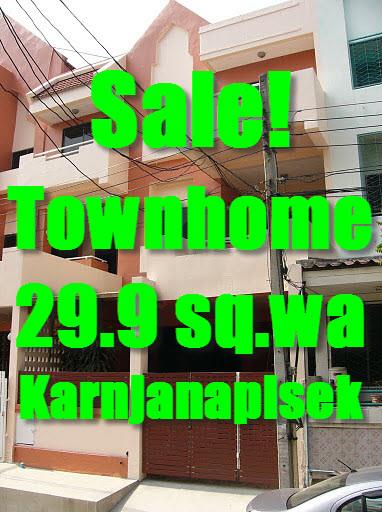

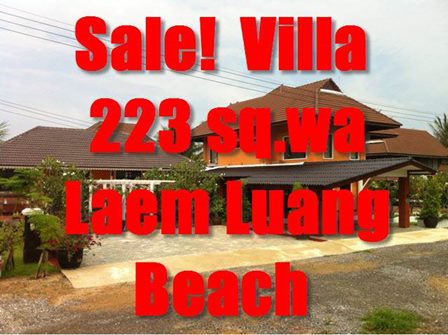

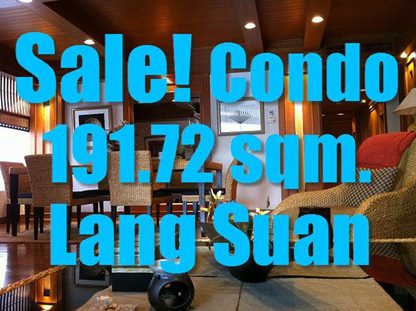
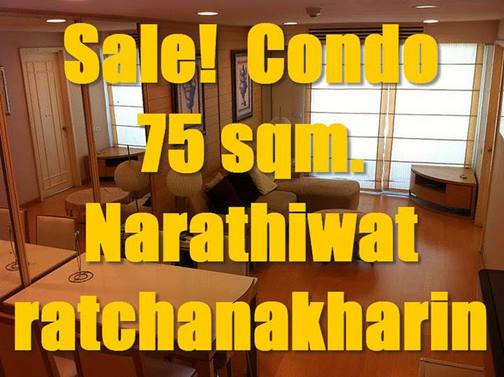

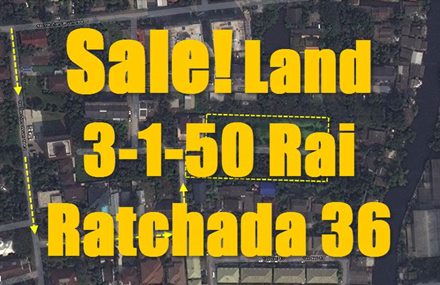

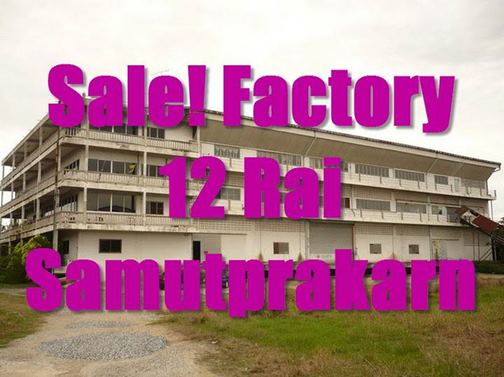
 RSS Feed
RSS Feed
